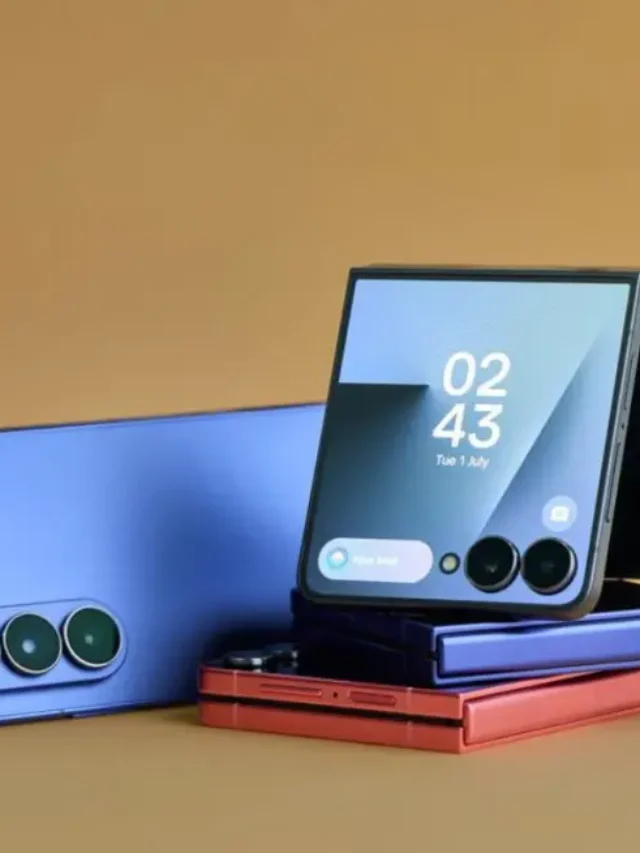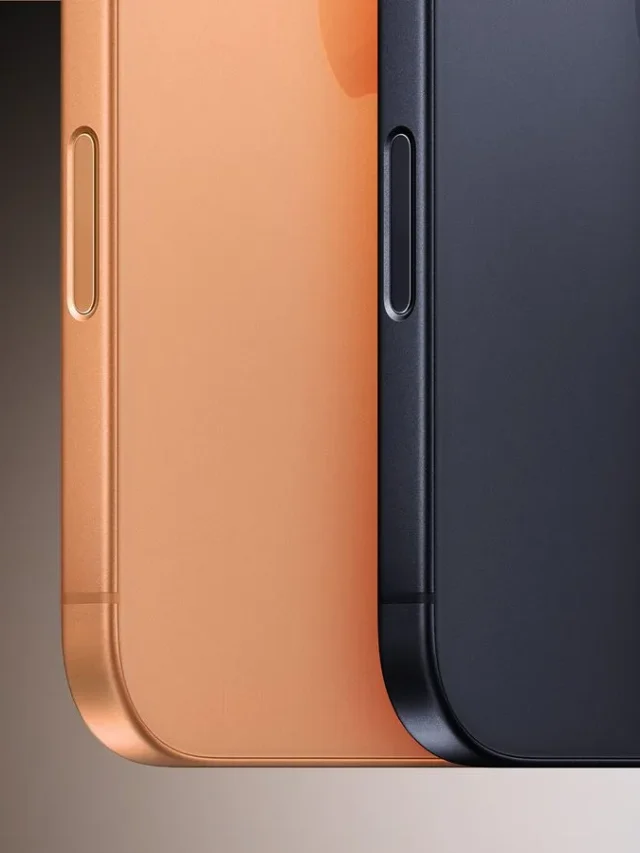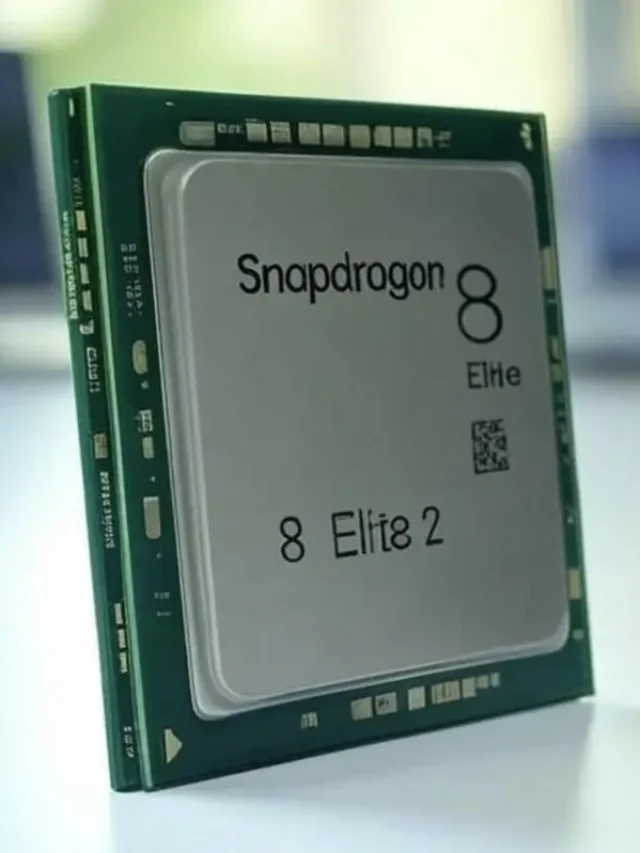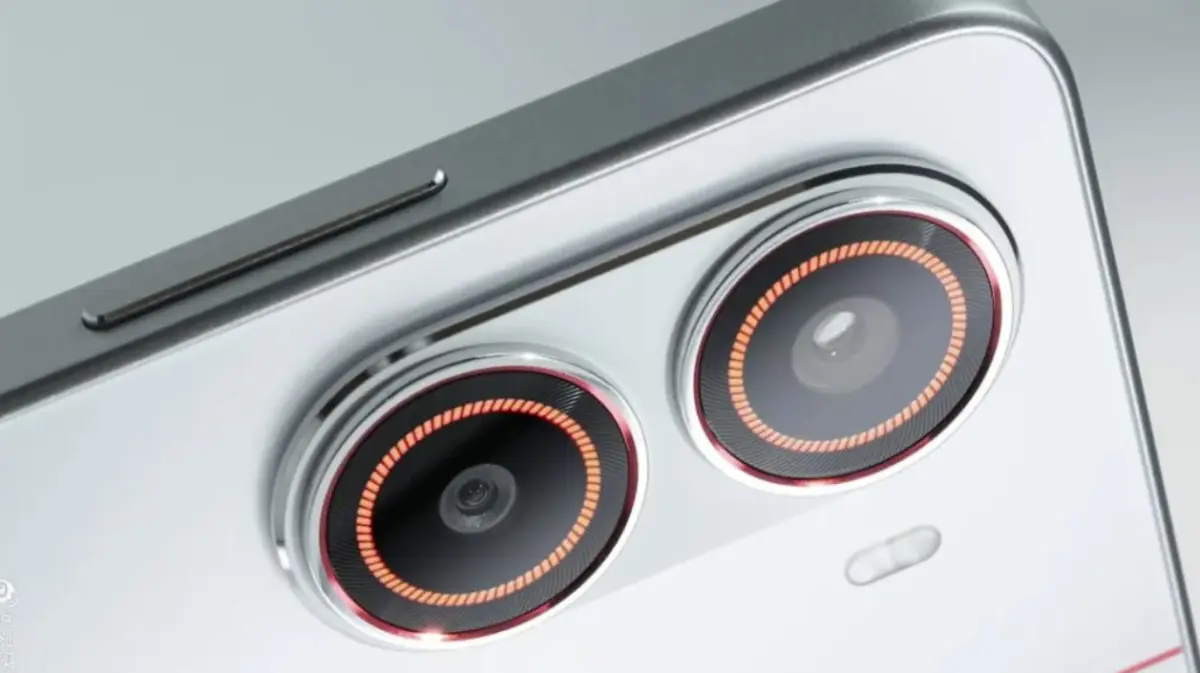Highlights
- Folding iPhone hinge cost expected at $70–$80, below market forecast
- Foxconn and Shin Zu Shing joint venture to handle 65% of hinge orders
- Amphenol’s share drops to 35%
- Cost savings driven by design optimization and mass production
- Luxshare may join as a new hinge supplier after 2027

Apple’s Folding iPhone: A Cost Advantage
Apple’s long‑rumored folding iPhone is moving closer to reality, and new reports suggest it could be more affordable than expected. According to analyst Ming‑Chi Kuo, the unit price of the folding hinge—a critical component in foldable smartphones—will be significantly lower than earlier estimates.
At the mass production stage, the hinge is expected to cost $70–$80 per unit, compared to the market forecast of $100–$120. This reduction could help Apple lower manufacturing costs, improve profit margins, and potentially pass on savings to consumers.
Supply Chain Leadership
The hinge production will be led by a joint venture between Foxconn (Hon Hai) and Shin Zu Shing, which is expected to secure about 65% of total orders. Meanwhile, Amphenol’s share will shrink to around 35%.
According to the founder of software77.in, this move strengthens Apple’s supply chain strategy. “By giving Foxconn a bigger role in hinge production, Apple not only ensures quality but also integrates the process more closely with iPhone assembly,” he explained.
Why Hinge Costs Are Falling
The decline in hinge prices is not due to cheaper raw materials but rather design optimization and efficiency improvements achieved through Konohai’s mass production system. This shows Apple’s focus on scaling production while keeping costs under control.
Looking ahead, Luxshare could enter the hinge supply chain after 2027, which may trigger further price competition and innovation in foldable smartphone components.
Impact on Suppliers
While companies like New Nikko (Xinxing) remain important players, analysts warn that the market may be overestimating their profit contribution. With hinge prices falling and Foxconn taking a larger share of profits, some suppliers may see reduced margins.
Still, the entry of multiple suppliers could benefit Apple by ensuring competitive pricing and stable supply for its first folding iPhone.
Final Take by
The folding iPhone is shaping up to be a game‑changer not just for Apple but for the entire foldable smartphone market. By cutting hinge costs and securing strong supplier partnerships, Apple is positioning itself to launch a premium device at a more competitive price.
According to Tech World info, “If Apple manages to balance innovation with affordability, the folding iPhone could accelerate mainstream adoption of foldable smartphones worldwide.









